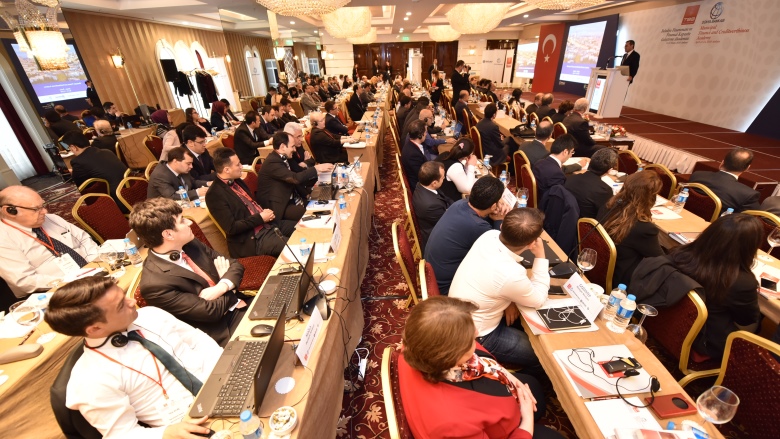The World Bank Group
City Creditworthiness Initiative
For sustainable development to become a reality, Cities and other sub-national entities responsible for essential public infrastructure need access to finance. Supporting these entities on the path to creditworthiness is the only way to unlock the potential for achieving larger, longer-term, sustainable investments. However, they will not be able to achieve creditworthiness overnight. It is typically a long process, which requires strengthening of fundamentals (in particular improving municipal revenues and financial management), but also stronger project development capacity (in particular planning and structuring), long-term asset management, as well as a supportive enabling environment (both on the central government and private sector sides). The City Creditworthiness Initiative is committed to supporting cities throughout this process by delivering technical assistance to sub-national authorities in developing countries with the objective of improving municipal credit markets for climate-smart infrastructure projects, using local currency markets if at all possible. The Initiative is conceived to coordinate and integrate existing efforts, instruments, knowledge, and resources from partners and stakeholders by identifying the most effective solutions and implementation arrangements for sub-national entities. Success of the Initiative hinges on the ability by multiple sources to deliver capacity and instruments to clients, drawing from best practice methodologies at a global level.
With the ultimate goal of enabling sub-national entities to structure viable investments that will deliver low-carbon and resilient infrastructure services, the Initiative will work with local authorities, including utilities, providing comprehensive, hands-on, and long-term support to help them:
1. Achieve higher creditworthiness by strengthening their financial performance;
2. Deepen understandings of the legal and regulatory, institutional, and policy framework for responsible sub-sovereign borrowing through reforms at the national level;
3. Improve the “demand” side of financing by planning/developing sound projects;
4. Improve the “supply” side of financing by engaging with the private sector investors.
By partnering with global and regional stakeholders, the City Creditworthiness Initiative will scale up impact through a systematic and long-term programmatic engagement with cities. The City Creditworthiness Initiative is designed as a platform to systematically reach clients with instruments that would otherwise be considered on a stand-alone basis. To this effect, the Initiative will need to establish operational collaborations with key stakeholders to coordinate the most efficient and effective delivery of technical assistance to clients, such as with TBB (Turkish Union of Municipalities). Existing collaborations with practitioners, such as the very successful one with the Municipal Institute of Learning (Durban, South Africa) will continue to play a critical role and are the basis for engaging with other stakeholders.
Reform-minded municipal authorities seeking more, competitively-priced,, and longer-term financing for capital investments engage with the Initiative to access capacity building support, international expertise, local hands-on assistance, peer-to-peer networking, credit rating and transaction guidance.
The direct result for all participating entities is their enhanced financial performance and overall capacity to deliver better infrastructure services.
Read more here.
